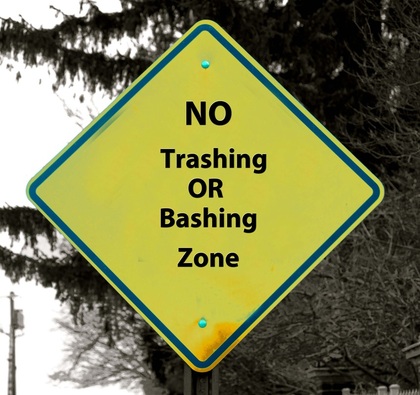
Have you been in a near-miss human collision recently? This seems to be happening to me more frequently these days.
When it happens, I’m typically in an airport, at a mall, or on a sidewalk, and notice I’m on a collision course with another person absorbed in their smart phone. Not wanting to create a scene or cause harm to myself or the other person, I change course. As I do, the other person notices my movement and momentarily looks away from their phone, only to reengage, heading toward the next collision.
These incidents got me thinking about our extraordinary capacity to notice. We humans have been blessed with five senses: sight, hearing, touch, smell, and taste, which help us to fully experience and understand our presence in and connection to the space we occupy. History, anthropology, and other sciences validate that human survival was based to great extent on our ability to notice when we were in danger and when we were safe. Noticing and then avoiding danger allowed us to flourish.
Noticing is still a significant factor in our safety, engagement with work and life, and survival. It matters if you notice that you are about to collide with a fellow citizen as you’re walking. It matters if you notice that your child is sad. It matters if you notice a bicyclist is sharing your road. It matters if you notice a co-worker is using a ladder that is not tied off or has not locked out an energy source before working to fix the problem. And it matters, as a leader, if your employees are happy and engaged or frustrated and on autopilot.
There is no doubt in my mind that using our senses to notice creates advantages, improves our safety and engagement, and generates a fuller understanding of our world. This exceptional capacity that can provide so many benefits, however, is being threatened by our technology, self-absorption, and isolation from the experiences of those around us.
Each time we turn off our capacity to notice, we become vulnerable. When we become so self-absorbed we don’t notice the homeless person in the shadows, or isolate and embed ourselves so deeply in our homogenous groups we don’t notice social injustice and inequality, we become vulnerable.
We are vulnerable because we’ve loss the opportunity to connect and understand. Our five senses are pathways into our hearts and minds, where our shared human experiences are stored. If we miss the opportunity to notice, we miss the opportunity to understand, connect, and make a difference in the lives of others and ourselves.
To be and feel noticed meets a deep human need. Have you ever longed to be noticed by someone, maybe a teacher, a coach, a parent, or a boss? When that moment of being noticed happens, you are infused with good feelings. If you feel unnoticed, unpleasant feelings and actions arise. Children misbehave when they go unnoticed, and workers languish and under-perform. Recently, our country has experienced riots and demonstrations by people struggling to have their plight noticed.
Noticing is a powerful capacity we all possess, and it offers wonderful things. It can change a friendship or a working relationship—it can change the world. It is a gift to notice someone, and especially to oneself, because you are now more present and in tune with your world. What we notice and don’t notice defines who we are in that moment as well as provides us the opportunity for change.
Noticing can be uncomfortable and exhilarating. The act of noticing will open you up to your sixth sense (s) - your emotions. You may notice that you are feeling sadness or anger or joy and awe depending on what you are experiencing. Emotions increase the power of noticing by adding clarity and texture.
Martin Luther King said, “Our lives begin to end the day we become silent about things that matter.” I like to paraphrase his quote to say that our lives begin to end when we lose our ability to notice the things that matter.




 RSS Feed
RSS Feed
